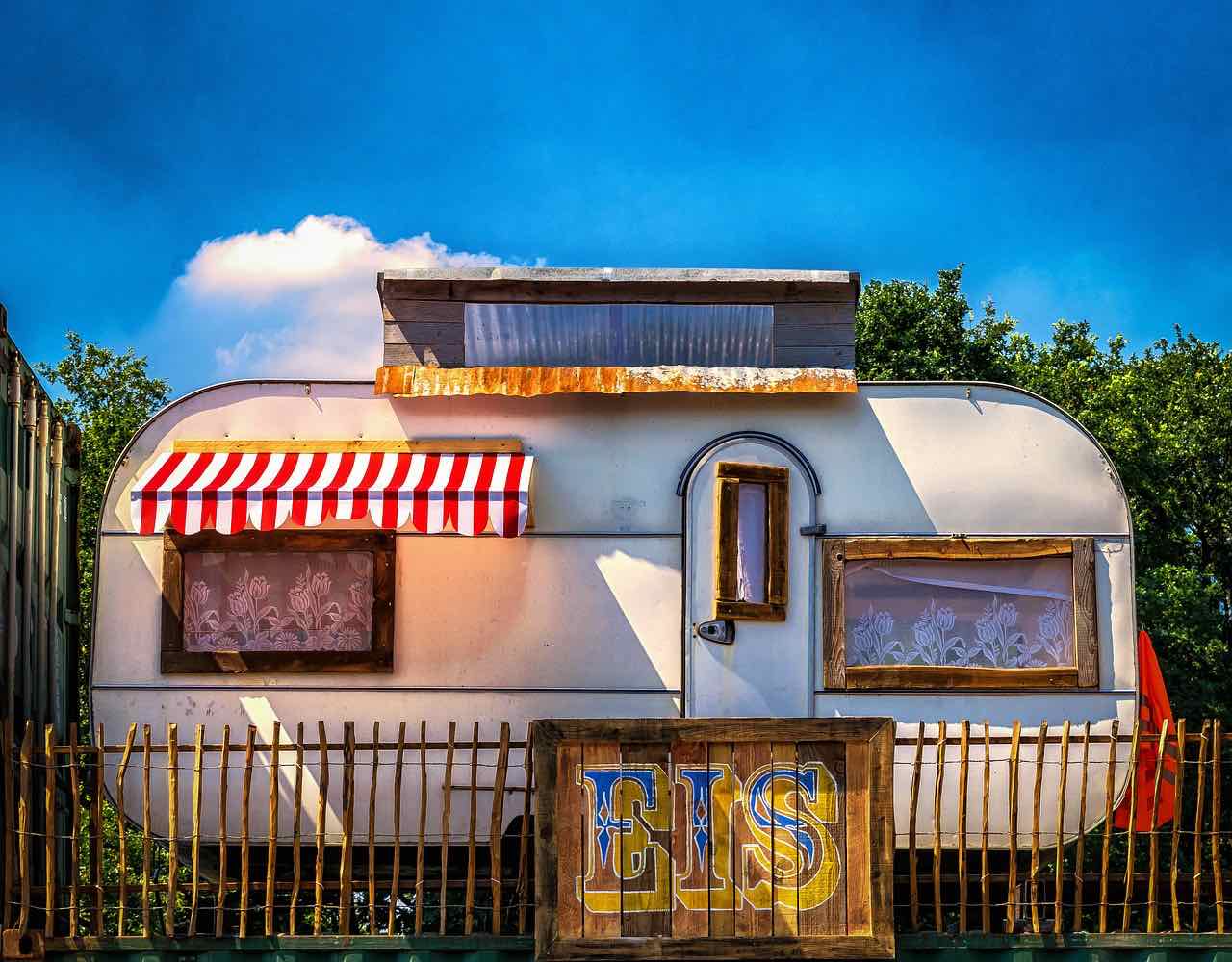If you have ever found yourself in an emergency situation, you know the true meaning of the phrase ‘hindsight is 20/20’. There is always something you wish you had been prepared for better than you were. While it is impossible to prepare for every potential eventuality, it is best to be as prepared as you can be. You never know what could happen next.
Two major causes of emergency situations that most people face are storms and natural disasters. One of the biggest dangers in the immediate aftermath of any of these situations is the lack of power. Most of our food supplies and safety concerns rely on electricity to keep them operational and make the area as safe as possible. So, here are a few tips on how you can avoid a lot of the issues that come with the loss of power in an emergency situation.
Look Into Purchasing Emergency Light Bulbs
A dangerous situation with potential hazards and debris can be made a lot safer if you can still see what you’re dealing with. This is where emergency lights come in handy.
Emergency light bulbs and fixtures contain batteries that charge from the moment they are powered on. For most, you can see no difference in the look or functionality, until the power goes out.
When the main power supply is down for whatever reason, the battery packs take over and keep the light on for as long as the battery holds out, in some cases many hours, making it safer to make your way out of a potentially dangerous situation.
Get A Good Generator
Good, in this sense doesn’t necessarily have to mean expensive. There are many different brands and models of generators that will maintain the most important things in a home for hours or even days. As long as you have a way to keep them refuelled, some generators can power what you need on a nearly indefinite basis.
Generators come in gas, solar, and even wind-powered models all with their own strengths and weaknesses. For instance, a gas generator has to have a continuous supply of fuel to continue running, and a solar array won’t collect as much energy on cloudy days. It is likely best to use some combination of generators if you really want to be assured that you can keep your essential items powered in any eventuality.
Make Preparations For Food And Water
Food and water are two of the most basic human needs, and in an emergency situation, they become even more important, as they will likely be hard to get. So, having a stored supply of non-perishable food and bottled water is always a great strategy in case you can’t get any.
Most emergency response trainers and individuals in the field of survival will tell you that it is always best to have at least a three day supply of food and water on standby for each individual in the home. This also applies to needed medications, but if the food or medication is non-perishable or has a long shelf life, it is always a good idea to keep as much as you can on hand for the potential of a longer period of hardship in the aftermath of some form of catastrophe.
Just A Couple of Tips
There are countless resources both online and in books that you can use to find many different ways that you can make life easier in the event of an emergency situation. These are just a couple more to add to that list, and hopefully, help someone out in a situation where they need it the most.







